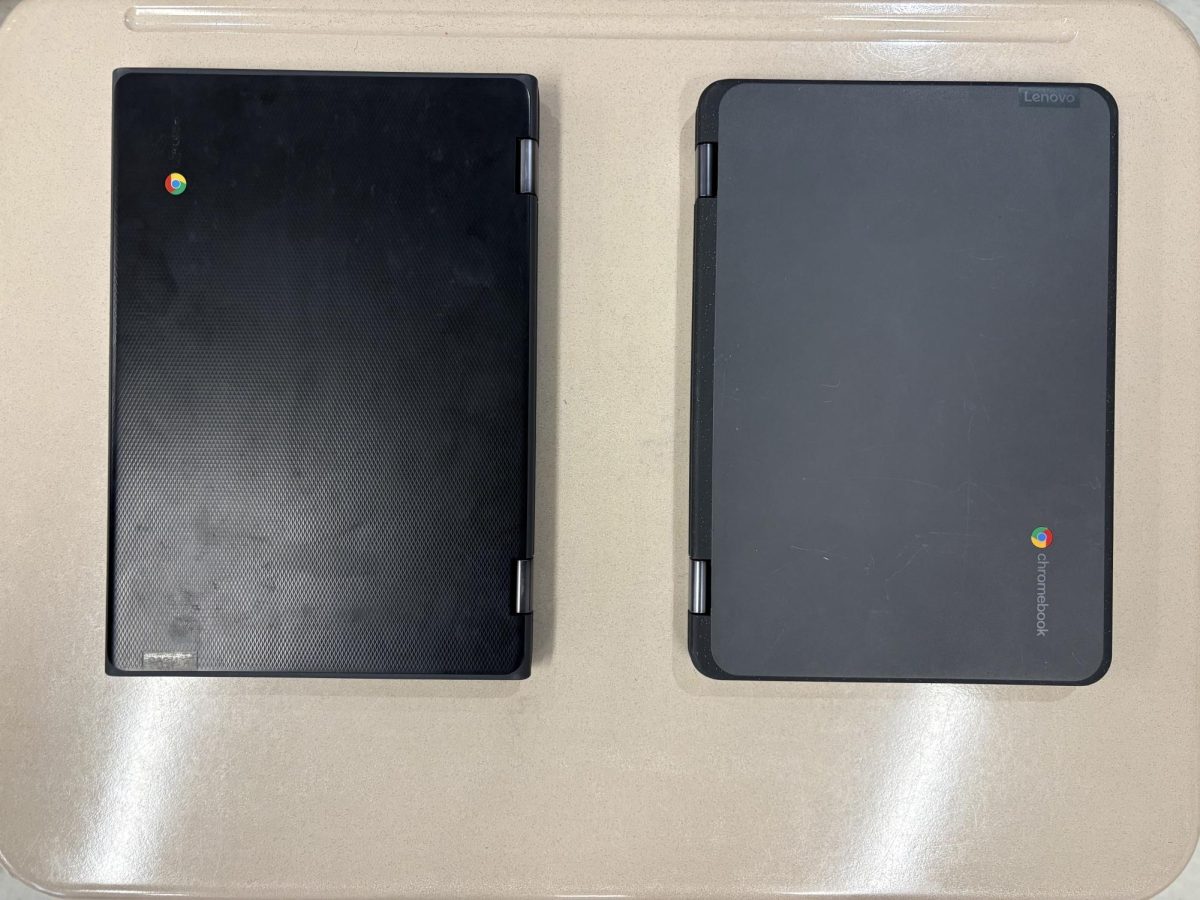Following the recent closure of the popular Georgetown Branch Trail, the Maryland Transit Administration (MTA) faces controversy and protest as construction of the Purple Line continues. The communal trail was frequented by students and trail enthusiasts alike. Many students utilized the trail as a safe alternative to the busy Wisconsin avenue, which is now the only available route to their schools. The trail had to be completely shut down in order to ensure all workers can move safely with equipment and will likely remain closed for an estimated four to five years.
Students and the local community have rallied to protest the construction with various media groups. Various community members affected by the closure claim there was a lack of sufficient notification foretelling the construction.
It is believed the thirty day notification period to the public was shortened in response to the recent federal lawsuit, which granted the MTA the previously revoked environmental approval and bestowed $90 million in federal grants.
“It’s pretty bad that students can’t get to school,” junior Saqib Qawsar said.
The Purple Line Project fully acknowledges the difficulties that the recent closure potentially causes students.
“It’s unfortunate it happened, but with the contract, they were forced to [make] some closures,” Purple Line Project Deputy Director Mike Madden said.
Further construction can be expected in Georgetown, East Silver Spring and Prince George’s County.
Madden also stated, however, that the future of the Purple Line is “extremely bright,”
“[Students] on their way to the University of Maryland [will experience] a faster, more direct service,” Madden said.
With a direct method of transportation to College Park, Walter Johnson students can visit the University of Maryland more efficiently.
Furthermore, The Purple Line will allow commuters to transition between the Washington Metro Transportation System without riding into central Washington, DC. Walter Johnson students, and other riders, will be able to have a more direct transport between suburban areas.
“It will definitely make it easier to commute,” senior William Casey said.
The Purple Line Project would also like to emphasize the importance of safety throughout the construction, continually assuring that the main reason closures are necessary is to keep the public safe from any hazardous situations.








